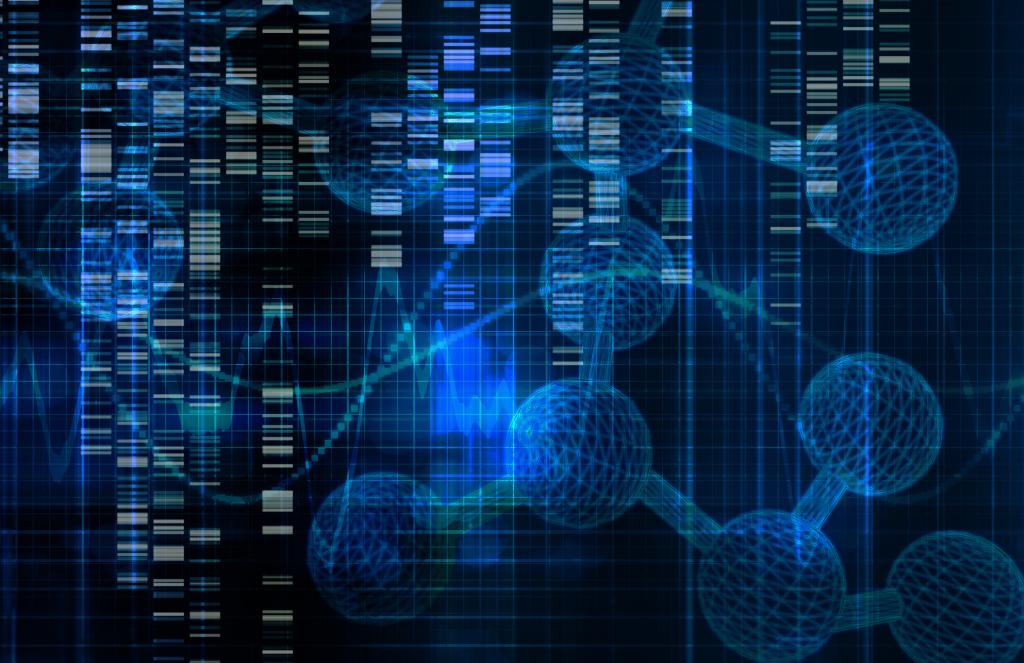Admission CTAs
Mason scientist searching for ‘tried and tested’ treatment for COVID-19
Fatah Kashanchi, pictured here (right) last year with his College of Science graduate students, is experimenting with drugs that can be rapidly absorbed into the lungs to stop the devastating progression of cell infections, the deadliest characteristic of disease. Photo by Evan Cantwell/Creative Services.
If all goes according to plan, Fatah Kashanchi will soon have outcomes that will tell him if his research into a possible treatment for COVID-19 is on the right track.
A professor of virology at George Mason University, and director of the Laboratory of Molecular Virology, Kashanchi and his team are experimenting with drugs that can be rapidly absorbed into the lungs to stop the devastating progression of cell infections, the deadliest characteristic of disease.
It would be a therapeutic, not a vaccine.
The key, Kashanchi said, is using repurposed drugs, some of which have been used against HIV, that are already approved by the FDA. That means if found effective against COVID-19, they can be put to immediate use, whereas a vaccine is likely at least a year or more away.
“Our top priority is repurposing FDA-approved drugs from other viral infections that could potentially be used for COVID-19,” Kashanchi said. “The drugs have been tried and tested on patients before, so we know that they are not toxic. And the delivery is very easy. The absorption is very rapid. That’s the key to all this.”
Kashanchi, who has a PhD in microbiology, performed his postdoctoral at the National Cancer Institute/ National Institutes of Health (NIH), and has a virology background of 30 years, is one of 16 people working on the project. That includes Mason students, postdocs and Kashanchi’s colleagues at the NIH. Kashanchi said five members of the group, including himself, are working at his lab on Mason’s Science and Technology Campus. Everyone else is working remotely.
Kashanchi said he is working with 12 different drugs in four classes—two that fight viruses, and two that attack anti-inflammatory molecules.
Fatah Kashanchi. Photo by Evan Cantwell/Creative Services.
“The problem with this thing,” Patrick Gillevet, professor of biology and director of Mason’s Microbiome Analysis Center, said of COVID-19, “is that we’re still trying to find out how it works.”
What they know, Gillevet said, is, generally, how cells infect other cells. It is through exosomes, tiny balls of membrane that cells spit out, ostensibly to communicate with each another. But when those cells are infected, they produce exosomes that then interact with other cells.
Kashanchi’s lab has done much research with exosomes in relation to HIV. But as Gillevet said, “The one thing he’s going to have to find out is: Do cells that are infected by the coronavirus produce exosomes? We don’t even know that yet. That’s what he’s looking into.”
Kashanchi said he is working with nonstructural protein genes called ORF1a and ORF1b, provided by colleagues at Johns Hopkins University and NIH. These are proteins encoded by the virus and needed for both replication and maturation of the virus. Targeting these proteins, he said, will give specificity and inhibition toward the virus and not the host cell.
Funding for the research comes from money in an account that collects roughly 3% of whatever research money comes into Kashanchi’s lab.
“It’s a savings account Mason has allowed me to gather over the years,” he said, adding he has enough to continue this research, which began on March 18, for another two to three months.
He said he believes his research is promising.
“I do, otherwise I wouldn’t be coming in to work and bring these other people, who have volunteered, with me,” Kashanchi said. “If didn’t have the confidence, I wouldn’t be doing that.”
Topics: College of Science, Institute for Biohealth Innovation, coronavirus; COVID-19; News; Editorial

